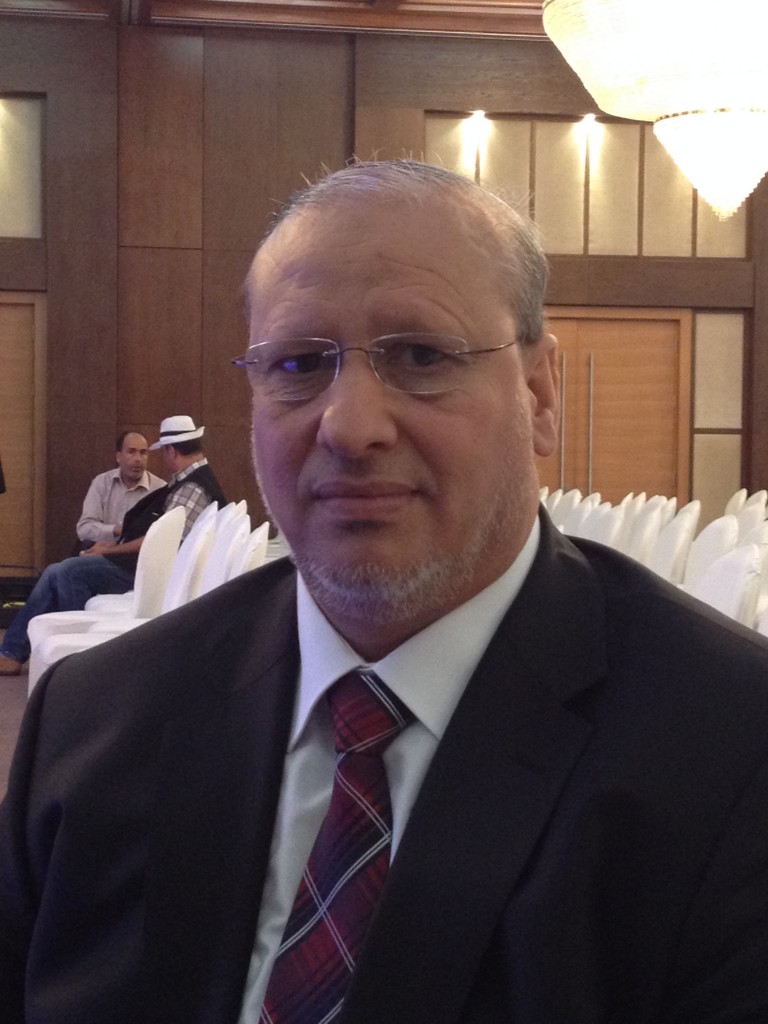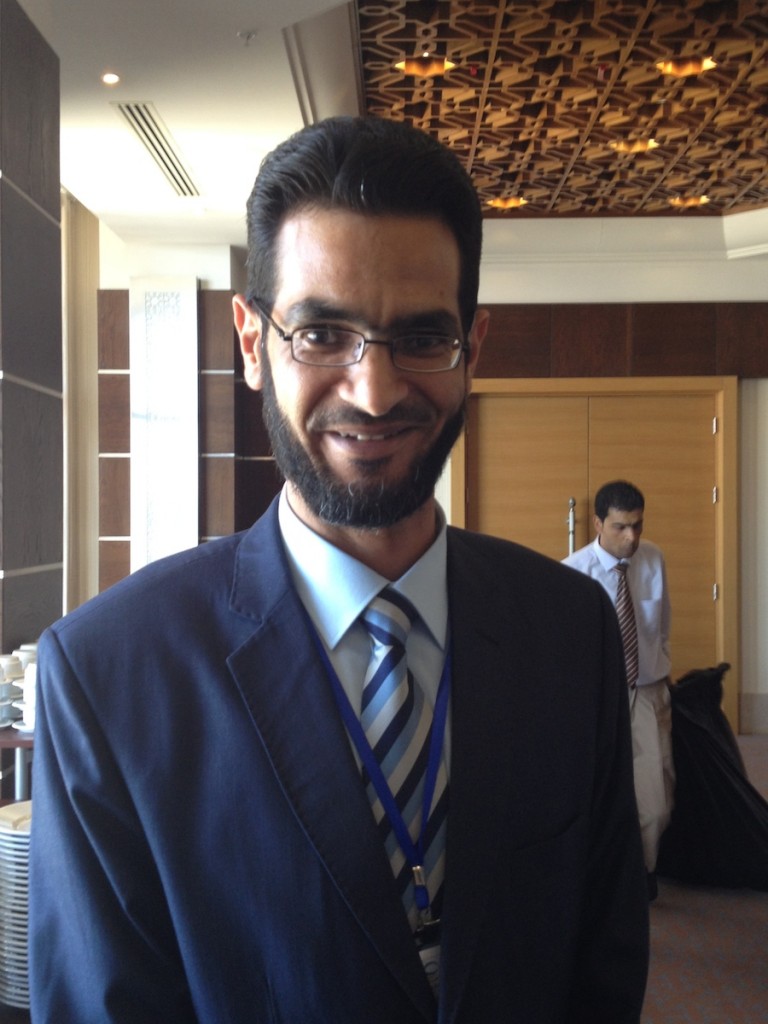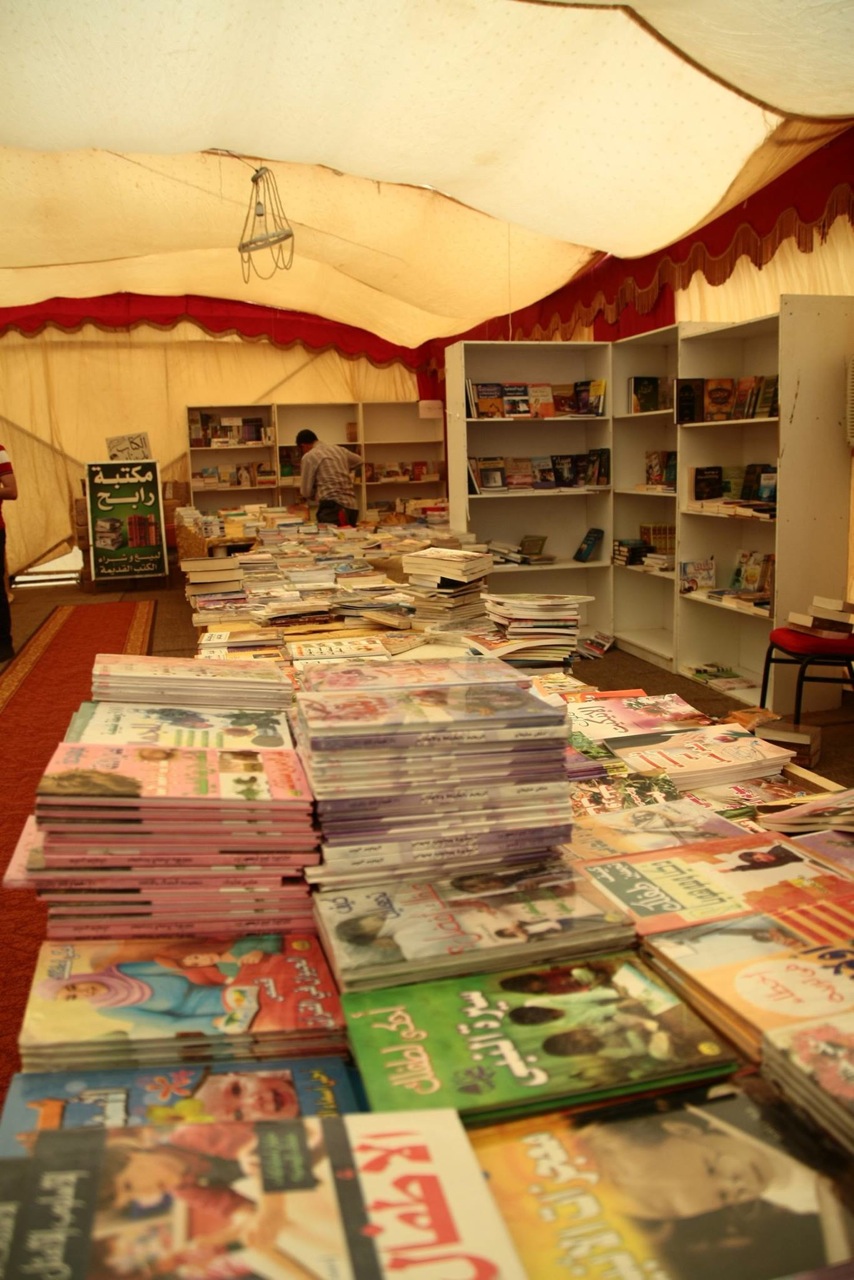By Farah Waleed, Ashraf Abdul Wahab and Michel Cousins.

Tripoli, 26 April 2014:
Mohamed Sawan is widely expected to be re-elected . . .[restrict]head of the Justice and Construction Party (J&C) tomorrow when a leadership contest takes place, party members indicated today.
Sawan now faces only one other candidate, Abdullah Al-Shalmani from Marj. Others have pulled out.
The Muslim Brotherhood-linked party, which was founded two years ago, started a special conference at Tripoli’s Radisson Hotel today to assess policy and hold fresh leadership elections amid challenges both to the country, notably in terms of security, and the J&C itself which has seen a number of its members leave and its popularity fall.
The conference is being attended by a large number of party members from across the country as well as its Congressional members and the party’s five former government ministers. Also in attendance today were a number of foreign ambassadors and representatives from a number of organisations and other parties, including the J&C’s principal opponent, the National Forces Alliance.
Speaking at the opening today, Sawan stressed the party’s central involvement in national life, in the General National Congress (GNC) and in the Ali Zeidan administration but had withdrawn from the latter because of what he said was its failure.
“We started from zero,” he told the Libya Herald. “Libyan parties need many years to achieve results. But we’ve already achieved a lot,” he said. “We’ve been an essential part of the General National Congress and of the government. But then we left and we’re proud we did so.”
In view of not just the successes but also the difficulties and challenges, the party had to review its performance, he added.
That way, he said, alluding to the party’s popularity problems, “we can develop the party and increase the number of members”.
The party had a good political platform, “We’re a party that works”, he said.
He rejected, however, accusations that parties were responsible for the failings of the General National Congress. He called the decision not to have a party list system for 80 of the seats in the new House of Representatives “a negative” development.
“You cannot have a democracy without political parties”, he said.
In a surprise statement, given the J&C’s support for continuing moves in Congress to appoint a new prime minister and government as soon as possible, despite the impending election of a House of Representatives, Sarwan told this paper that a new government would be appointed “in a couple of months”.

His rival for the leadership, Abdullah Al-Shalmani, did not apper to have a distinctly different programme on offer.
“My vision for the party has two aims,” he explained, “an internal one and an international one. The internal one would work on the organisation of the party and its an administrative workings and how to deal with the media and the economy”.
The international aim was focused on the party’s relations with “friendly countries”.
Like Sawan, Shalmani defended the role of political parties. Political life in Libya was still in its infancy, he said but while there were those say it is too early to set up political parties, “generally the scene is positive despite some failures”.
At the conference, tributes were paid to the late Hassan Al-Daroue, Deputy Industry Ministry, who was assassinated in Sirte in January. [/restrict]








